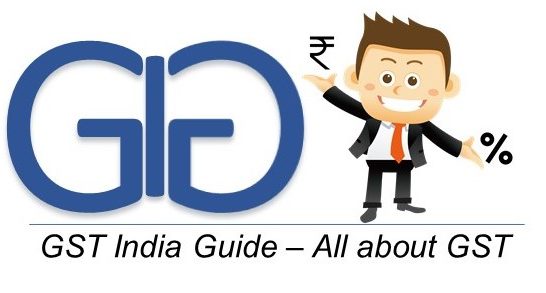Be it your Input Tax Credit or refund or transitional Credit claim, every claim need to have a limitation, viz, a time limit within which as assessee needs to put his claim nefore his jurisdictional authority. Two recent judgements have reclarified this trite law that every right need to be claimed with the time limit specified. We shall discuss the two cases hereunder:
a. Limitation when specified in law: In the recent case of Suretex Prophylactics India (P.) Ltd. V CCE,C&ST, [C.E.A. NOS. 31 TO 33 OF 2017 AND 25 & 35 OF 2018], Hon’ble Karnatak High Court held held that provisions of section 11-B of Central Excise Act would be applicable though section 11-B of the Act does not cover refund of Cenvat credit, notification No.5/2006 makes it explicitly clear that for the purpose of relevant date for computing one year prescribed under section 11-B, it has to be determined by applying Rule 5 of Cenvat Credit Rules, 2004, necessarily the refund claims ought to have been filed within one year from the relevant date as specified in section 11-B. In other words, time limit has to be computed from the last date of the last month of the quarter which would be the relevant date for the purposes of examining if the claim is filed within the limitation prescribed under section 11-B or otherwise.
The Hon’ble court relied on the judgement of Thirumalai Chemicals Ltd,. v. Union of India[(2011) 6 SCC 739 : (2011) 3 SCC (Civ) 458] and also, Mafatlal Industries Ltd. v. Union of India [(1997) 5 SCC 536 wherein it was held every refund claim has necessarily to be preferred under and in accordance with the provisions of the respective enactments before the authorities specified thereunder and within the period of limitation prescribed therein. It also discussed the decision in the case of UOI & Ors. v. Uttam Steel Limited reported in [2015] 13 SCC 209 wherein it was held that limitation period under section 11-B has to be strictly applied and it would not be open to subordinate legislation to dispense with the requirements of section 11-B.
b. Limitation when not specified in law: In the case of in the case of Brand Equity Treaties Limited Vs Union Of India, the Hon’ble Delhi High Court read down the provision [Rule 117] as being directory in nature, insofar as it prescribes the time-limit for transitioning of credit and therefore, the same would not result in the forfeiture of the rights, in case the credit is not availed within the period prescribed. However, in absence of a time limit in the statute, the Hon’ble Court referred to the provisions of Limitation Act, 1963 for prescribing the limitaiton. The Court held that in absence of any specific provisions under the Act, it had to hold that in terms of the residuary provisions of the Limitation Act, the period of three years should be the guiding principle and thus a period of three years from the appointed date would be the maximum period for availing of such credit.
Conclusion:
No liability or right is for eternity. It is not of consequence that the assessee had an absolute right without looking into the limitation attaxhed to such right. Thus, whenver you have to make a claim for credit or refund, do look out for the limitation within which it is to be taken. The above judgements are important in context of claim of Input Tax credit in GST under Section 16, claims which arise before assessee on matching of GSTR 2A, claims not taken on account of Rule 36(4) and refunds claimable of Input Tax Credit or taxes paid on zero rated supply, deemed exports, excess tax paid, wrong tax charged etc. A stich in time, saves nine.

